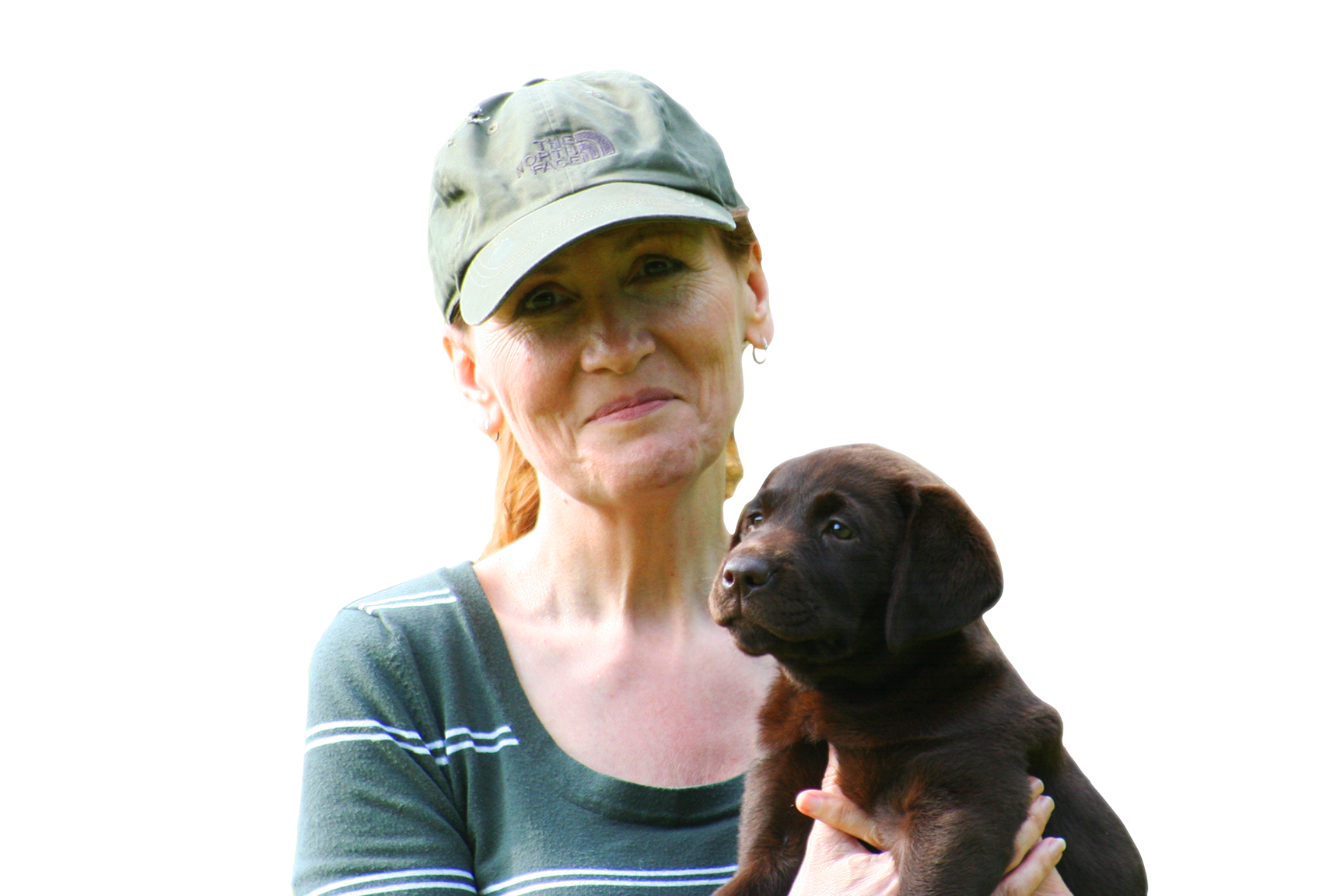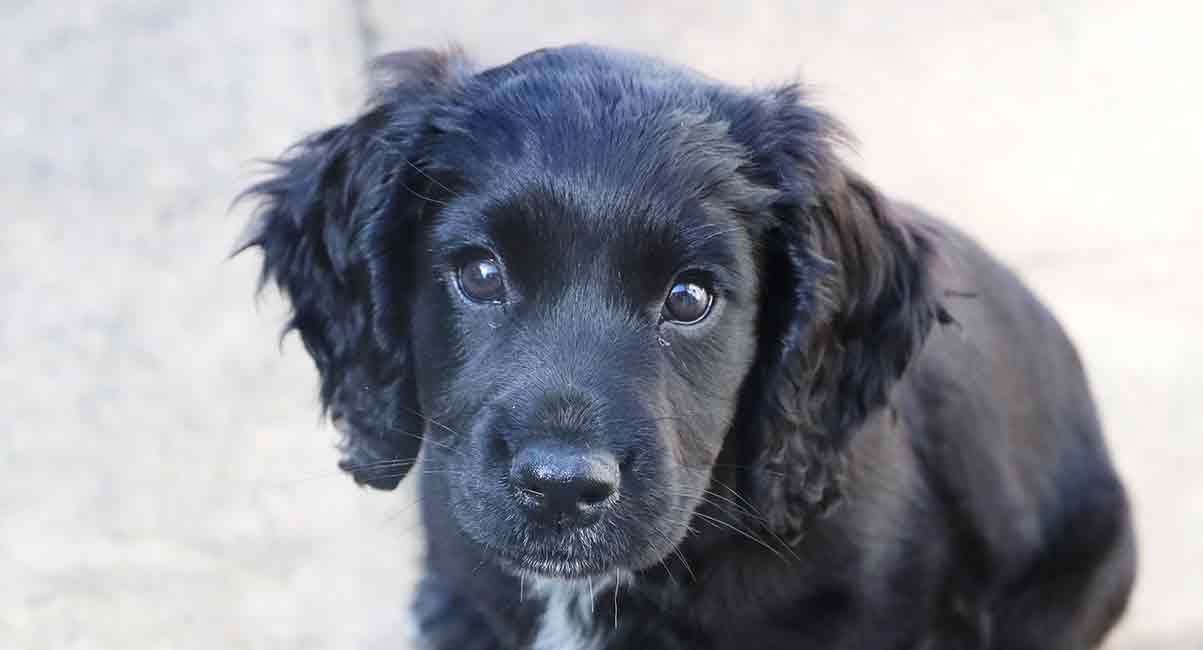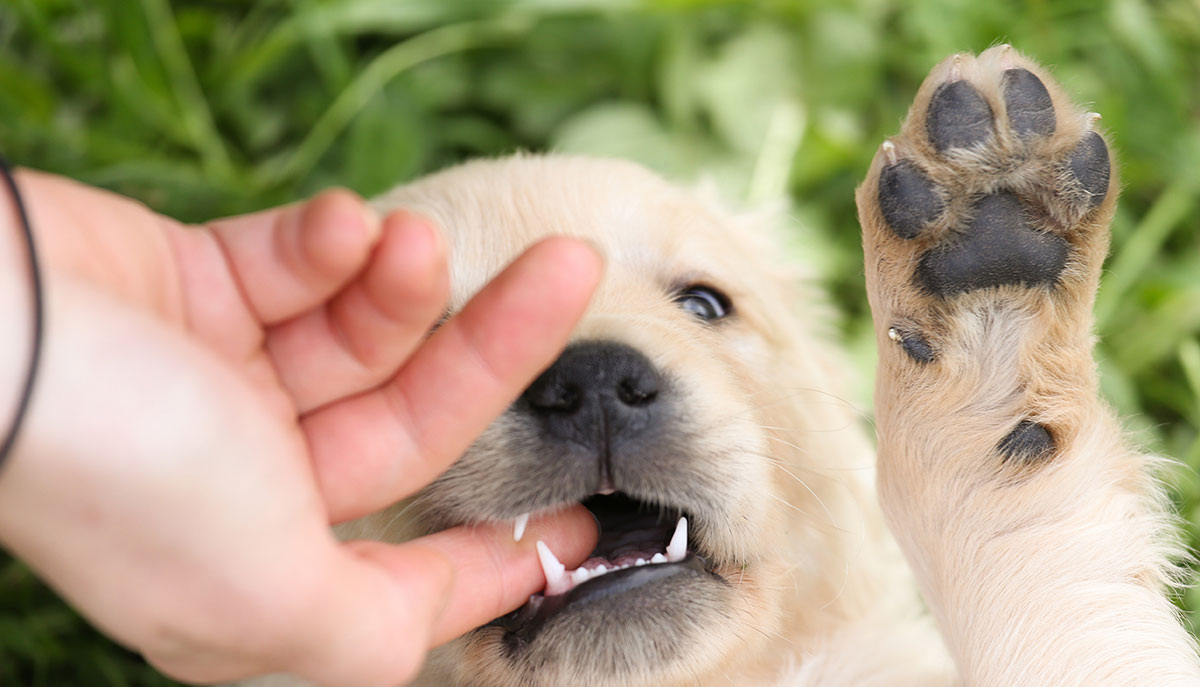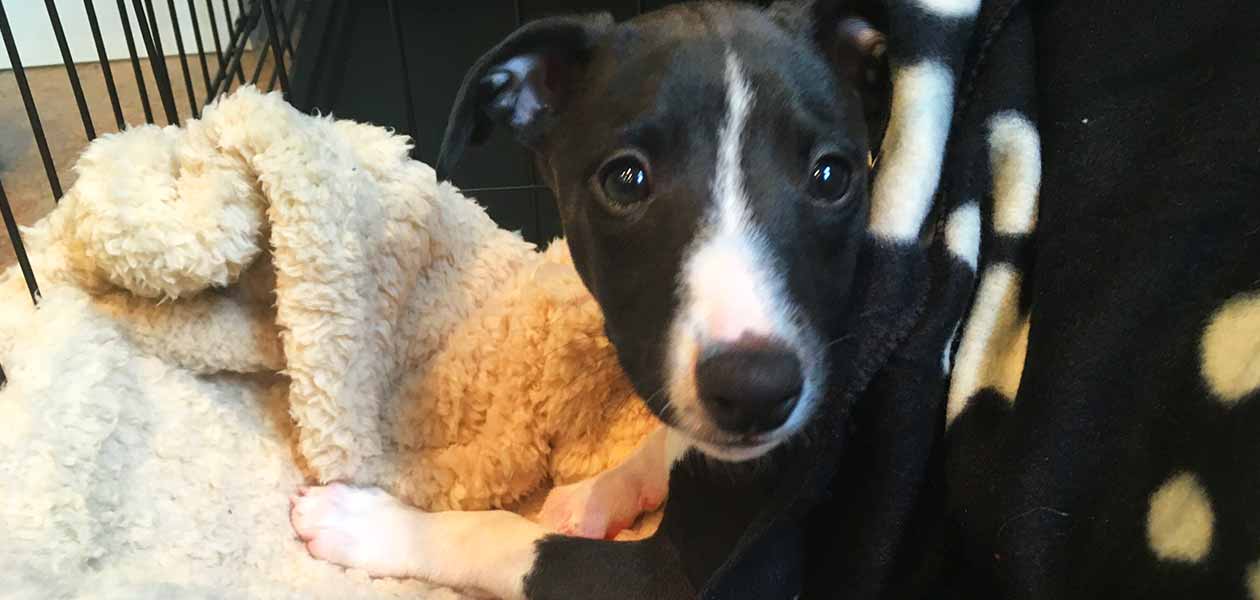The Happy Puppy Site
Getting Help!
let's turn your puppy problems around

Puppies can be immensely challenging. Not to mention exasperating, difficult, noisy and naughty!
Feeling Overwhelmed?
Coupled with lack of sleep and the inevitable emotional drop most new puppy parents experience after their puppy's arrival, puppy problems can seem overwhelming at times.
The good news is, that most of these problems can be solved quite easily once you know how.
Getting Help With Your Puppy
You'll find some links below to help with specific problems that crop up frequently in puppies and young dogs.
Many dog breeders offer great support to their puppy buyers, so don't be afraid to get back in touch with yours after you bring your puppy home. A local puppy class leader can be a good source of support and information.
The build up to your new puppy's arrival is often intense. The whole family is on a high and bursting with excitement. Afterwards, it's normal to come down to earth with a bump. And sometimes all you need is just to know that what you are going through is completely normal.
Don't forget, while she can't answer individual questions personally, you can email Pippa: [email protected] to ask her to cover topics here, that you think other readers might find helpful too.
Pippa also runs puppy parenting courses over at Dogsnet.com and students have access to the support forum there.
Recommended:





